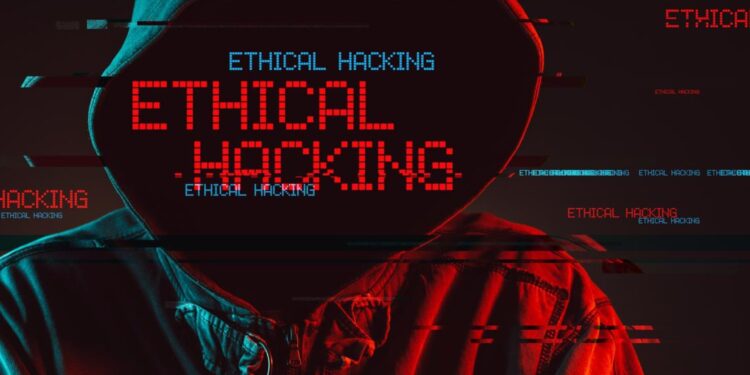Ethical hacking, once a field reliant on manual labor and brute-force techniques, is undergoing a profound transformation thanks to the integration of Artificial Intelligence (AI). This partnership is not just a technological marvel but a critical development in creating a more efficient and effective cybersecurity workforce. AI is revolutionizing how ethical hackers learn and practice their craft by automating mundane tasks, simulating complex attack scenarios, and providing real-time threat intelligence.
One of the most significant contributions of AI is the automation of repetitive and time-consuming processes. Traditional vulnerability scanning, for example, could take hours or even days to complete. AI-powered tools can now scan thousands of networks, applications, and servers in minutes, identifying weaknesses like SQL injection and cross-site scripting (XSS) with unprecedented speed and accuracy. This allows aspiring ethical hackers to focus on higher-level, strategic thinking rather than getting bogged down in tedious data analysis. AI algorithms also help by analyzing large datasets to reduce the number of false positives and false negatives, providing cleaner and more reliable reports.
Moreover, AI provides a dynamic and realistic training ground for aspiring cybersecurity professionals. Platforms are using AI to create sophisticated, AI-driven simulations that mimic real-world cyberattacks. These simulations expose students to a wide range of attack vectors, from automated exploitation to social engineering attempts. AI can generate realistic phishing emails and even deepfake voice calls to help learners recognize and defend against these threats. This hands-on, interactive learning environment allows students to practice their skills in a safe space and understand how different attacks unfold without causing any real-world damage.
AI also acts as an intelligent mentor, offering personalized guidance and insights. Tools like ShellGPT and PentestGPT use Large Language Models (LLMs) to provide conversational assistance, helping students with everything from writing scripts for attack simulations to understanding the next steps in a penetration test. By analyzing user behavior and progress, these AI tutors can tailor learning paths to individual needs, accelerating the learning journey and ensuring that students grasp complex concepts effectively. This personalized approach fills the gap between theoretical knowledge and practical application, making ethical hacking more accessible to a wider audience. The symbiotic relationship between human ingenuity and AI’s computational power is essential for building a robust and prepared cybersecurity community.










![Online Scam Cases Continue to Rise Despite Crackdowns on Foreign Fraud Networks [Myanmar] Online Scam Cases Continue to Rise Despite Crackdowns on Foreign Fraud Networks [Myanmar]](https://sumtrix.com/wp-content/uploads/2025/06/30-12-120x86.jpg)




